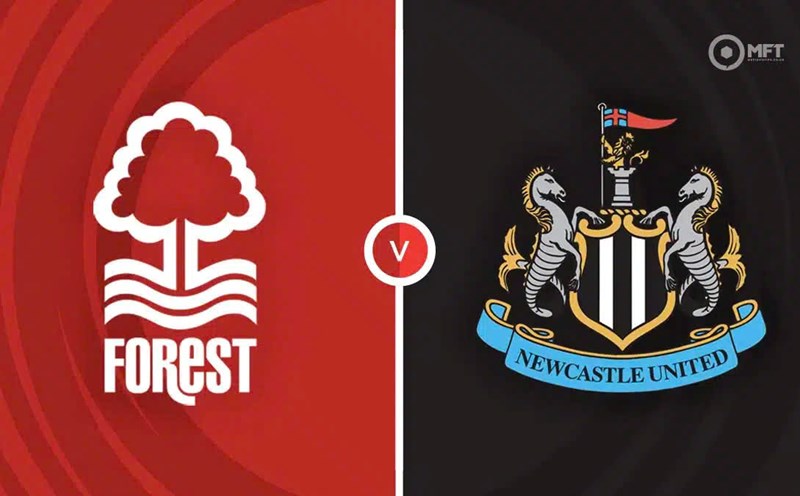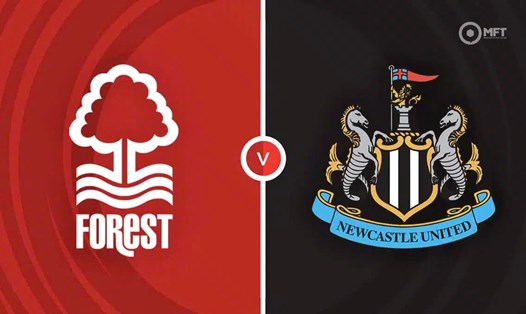Both coach Ange Postecoglou, Tottenham players and fans were disappointed after the 1-2 loss to Ipswich Town. However, there is still reassurance for the "Roosters" when the uncertainty trend spreads throughout the tournament.
The gap between 3rd and 13th place is only 4 points. The gap between 3rd and 11th place is also only 3 points. Rarely has the Premier League rankings seen such balance at this stage (end of round 11).
The last time was probably in the 2002-2003 season, when 3rd-placed Chelsea was only 4 points ahead of 11th-placed Fulham. Similarly, in the 2005 2006 campaign, there was a 5-point gap between Spurs and Middlesbrough. From 3rd to 13th place, the gap between Arsenal and Newcastle was 6 points in the 1998-1999 campaign.
Overall, these gaps are much larger than the average of 10 and 11 points over the past decade in the Premier League. Even in the 2015 2016 Leicester City championship season, there was only a gap between these positions of 6 and 9 points respectively.
This is a big boost for the Premier League. That is also the reason why Manchester United, currently in 13th place, can be optimistic about the appointment of Ruben Amorim. If he can immediately bring home 2 victories, the "Red Devils" will take the lead.
Many other clubs may feel similarly, although they are also a little confused about how things are going. Tottenham have won 2/4 of their most recent matches but they are still in 11th place amid a big controversy over the coach.
Aston Villa are Ninth and it seems the harshness of the Champions League is affecting them. However, they are still only 1 point behind the Champions League group.
You have to go back to the early 2000s or even the 1990s to see something similar happening in the Premier League. That is the time when the financial gap between teams is not too big and there is more balanced competition. The proof is that 79 points were still enough to win the championship in 1999.
There are two direct and related reasons for the change in the top flight of English football. First is the impact of the Profit and Sustainability rules, which force clubs to make more sacrifices. Next is the impact of the match schedule, which has exhausted players both physically and mentally.







